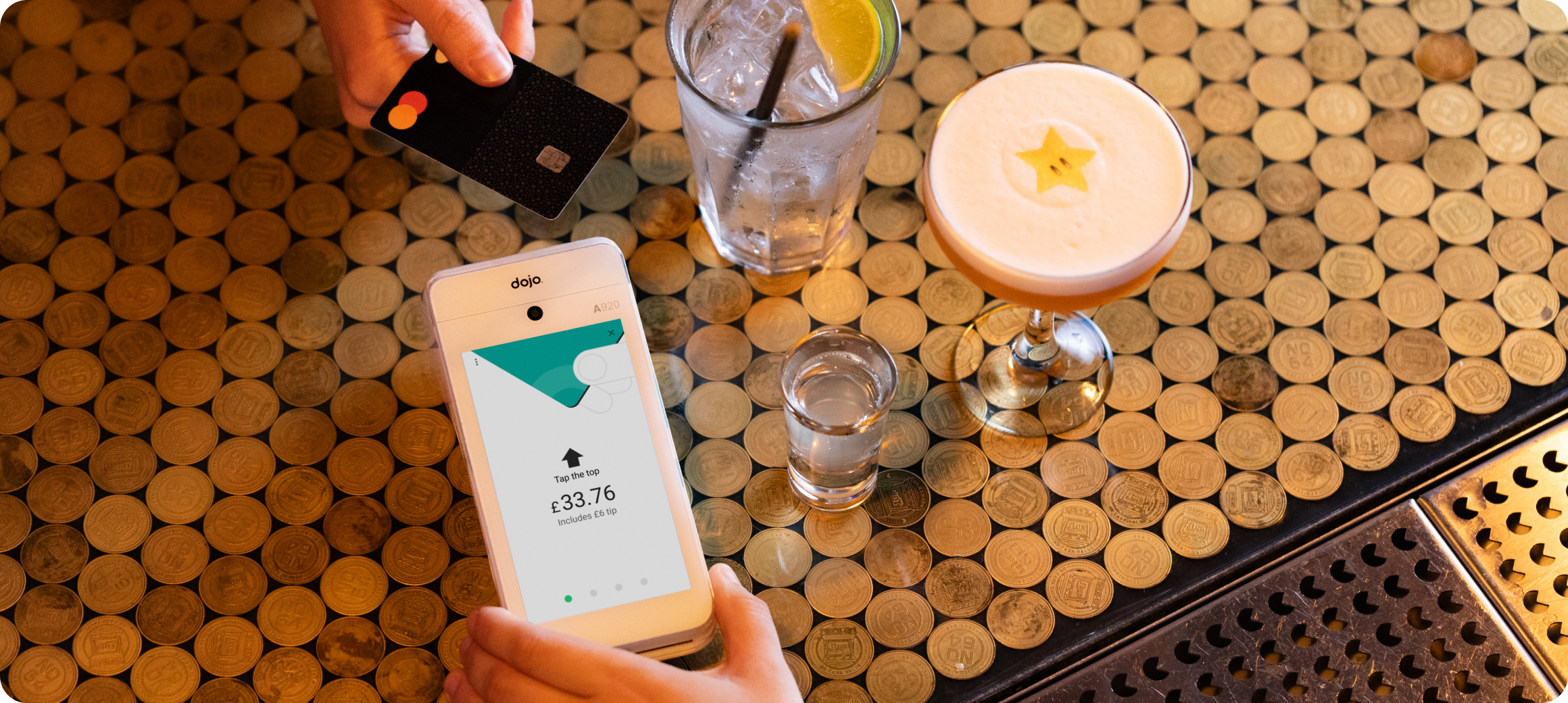While one-off card payments traditionally make up the bulk of payments businesses receive, there's a growing trend towards recurring card payments. Subscription services have become popular in recent years, with 89% of people in the UK now subscribed to at least one subscription service. This includes streaming services like Spotify and Netflix as well as monthly utility payments and bills.
If you’re considering recurring payments for your business, read our guide to learn more about:
- The meaning of recurring card payments
- Understanding how they work
- Advantages of recurring card payments
- Businesses that use recurring payments
- Comparing recurring card payments vs direct debit
- Steps to accept recurring payments
Recurring card payment meaning
A recurring card payment is when a customer is charged automatically to their debit or credit card at regular intervals. Recurring payments make sure that payments to subscription services or bills continue for the extent of an agreed period, or for as long as the regular payments are made without customer cancellation. Recurring payments are also classed as CNP (card not present) payments.
How do recurring card payments work?
In recurring payments, an agreement is made where customers commit to making regular payments. Based on this agreement, businesses provide continuous access to their products or services as the payments continue.
- Once a customer signs up for a product or service, they pick a payment method such as a credit or debit card.
- The customer provides their payment information for the first payment. This information is securely stored in a payment gateway to automate future payments.
- Payment intermediaries, including the acquiring bank, confirm the transaction to allow payments to be deposited into the merchant's account.
- The payments are automatically made following a set billing schedule for as long as the subscription remains active. This saves the effort of the details needing to be manually input each time.
Advantages of recurring card payments from a business’s perspective
Recurring card payments can give businesses the advantage of guaranteed payments, helping cash flow. This approach also offers flexibility, letting customers choose between fixed or variable recurring payments to suit both customer preference and increase customer loyalty.
You’ll also be able to access more customer information such as purchase history. This allows insight into understanding preferences and behaviours for targeted marketing. Using this data, businesses can improve cross-selling and upselling.
What businesses use recurring payments?
To ensure a steady flow of payments, various businesses rely on recurring payments. Some common examples include:
- subscription services including streaming
- utilities for monthly usage
- telecommunications such as monthly phone plans
- gyms for membership fees
- insurance companies for premiums
- educational services such as online courses
- charities for regular donations
- financial services such as credit monitoring.
Understanding payment methods
Direct debit is a type of recurring payment that involves automatically withdrawing funds from a customer's bank account – while recurring card payments involve charging a customer's debit or credit card at regular intervals. They are different payment methods but both use recurring payments.
Recurring card payment vs direct debit
Below, we’ll compare recurring card payments with direct debits, focusing on their speed, cost, customer convenience and safety features.
- Speed and cost: Recurring card payments usually clear the next day, but cost more. Direct debits save you money on fees but can take a few days.
- Safety: With direct debits, customers get a safety net through the Direct Debit Guarantee, meaning they can easily get refunds if something goes wrong. They can also cancel or change their payments directly with their bank. For card payments, there’s no such guarantee, and customers have to go through the business to cancel.
- Convenience: Cards are great for accepting payments from all over the world and can update details automatically if a card is lost or expires. Direct debits, however, are more stable since they're linked directly to a bank account and automatically deducted – most commonly used for payments within the same country and can be a bit of work to set up initially.
- Handling problems: If there’s a problem with a card payment, the business often has to sort it out, including refunds. With direct debits, the guarantee gives customers direct protection, which can make them feel more secure.
Think about what matters most for your business – whether it's how fast you need payments, keeping costs down, ensuring security, or making it easy for your customers to manage payments.
How to accept recurring payments
To accept recurring payments, you can set up a direct debit system with a bank or use an online payment platform like PayPal. The most popular recurring payment method is via direct debit, where you’ll need to work with a bank or direct debit service provider to set up the necessary agreements.
- Select a bank or a direct debit service provider. Most banks in the UK offer this service, but you also have access to third-party services that specialise in recurring payments.
- Establish agreements to authorise the payments. Your customers must sign a Direct Debit mandate to approve the payment amount and frequency.
- Submit the info to a bank or service provider. This usually includes the customer’s bank details and payment schedule.
- Collect payments once approved.
Make sure to follow regulations and get your customers' authorisation before starting direct debits. Be proactive in explaining the agreement and offer any support they need. With clear communication, you'll make the payment process easier and build trust with your customers.
Recurring card payments offer an easy way for businesses to charge their customers at regular intervals automatically. With Dojo, setting up CNP (card not present) payments is simple, allowing you to focus more on growing your business and less on chasing payments. Learn more about how Dojo card machines can help streamline your payment processes with Dojo Go.
For more useful guides, tips and insights, check out our blog today.



